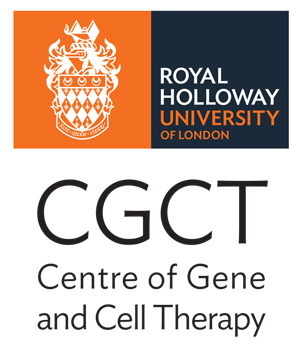Research output per year
Research output per year
 The Centre of Gene and Cell Therapy delivers research, teaching and outreach in gene and cell therapy, with a focus on rare diseases of the neuromuscular and central nervous systems.
The Centre of Gene and Cell Therapy delivers research, teaching and outreach in gene and cell therapy, with a focus on rare diseases of the neuromuscular and central nervous systems.
Academics from the Biological Sciences, Computer Science and History departments work closely together and with external partners to develop novel therapeutics for rare diseases including ataxia telangiectasia, motor neuron disease (ALS) and spinal muscular atrophy, but also for more common ailments like spinal injuries and Parkinson Disease. They also work on the identification of genes responsible for rare diseases and on the repurposing of approved drug treatments for new applications. Additionally, they study the history of rare diseases from antiquity to the Middle Ages.
For details you can use the tabs above to browse researcher profiles, projects, research outputs and other relevant information.
The research activity in the CGCT has been funded by numerous charitable and public organisations including Action for A-T, the Association Française contre les Myopathies, the Daphne Jackson Trust, the European Union, Spinal Muscular Atrophy UK, Spinal Research, and others.
You can watch CGCT Director Prof Yáñez-Muñoz in a 5-minute, plain-language videoclip on the Ataxia telangiectasia research:

Launch Meeting of the Centre of Gene and Cell Therapy
Person: Staff - Academic staff, Academic
Research output: Contribution to journal › Article › peer-review
Research output: Contribution to journal › Article › peer-review
Research output: Contribution to journal › Article › peer-review
Snowden, S. & Popplewell, L.
1/09/21 → 31/08/22
Project: Research
1/11/19 → 31/10/22
Project: Other
Philip Chen (Speaker)
Activity: Talk or presentation › Invited talk